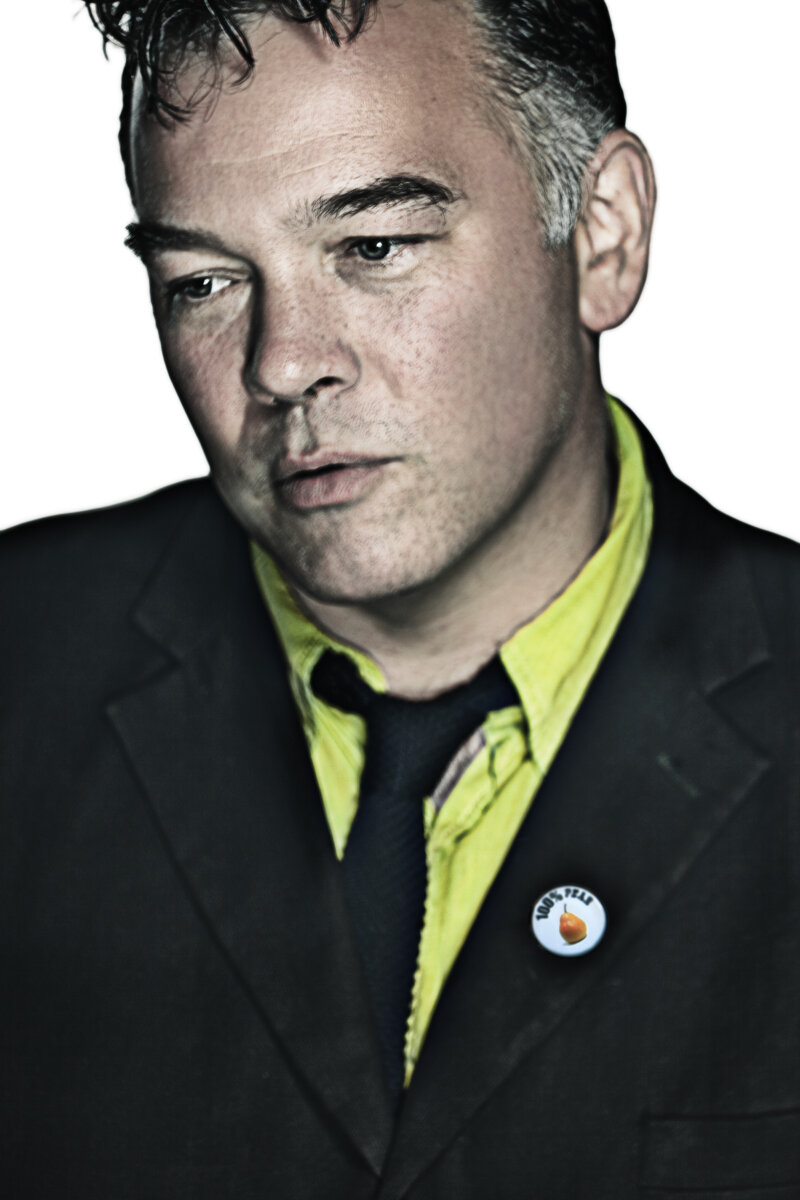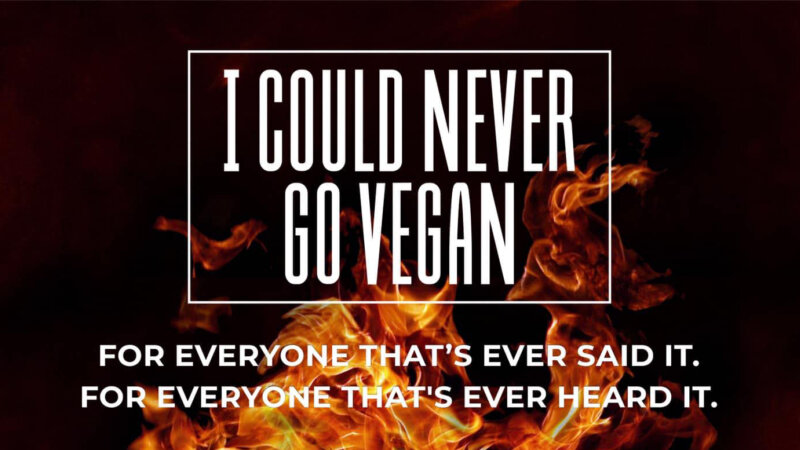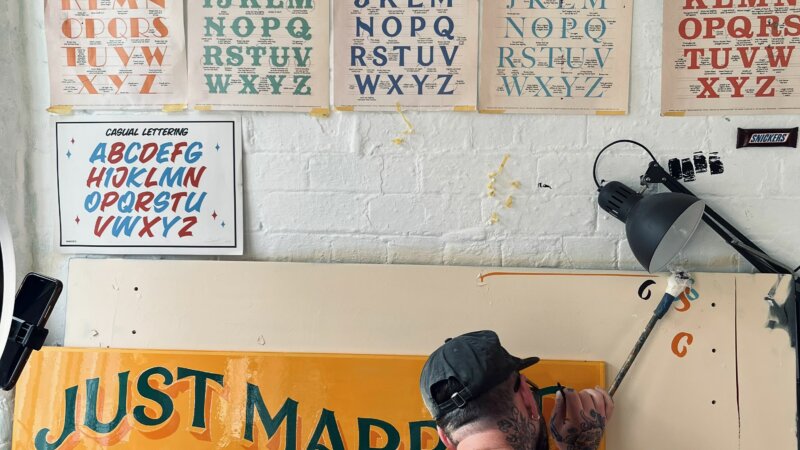Stewart Lee Behind The Wheel of the Comedy Vehicle
The 'comedian's comedian', known for his unusual stage craft, talks about the third series of Stewart Lee's Comedy Vehicle, his approach to stand-up, and how turning up to a photoshoot looking like he's been punched in the face works for him.

When I started writing for Now Then I made an extensive mental note of all the people I wanted to interview. Over the last couple of years I've had the pleasure of crossing a good few off the list, but one remained stubbornly at the top for the best part of five years.
Stewart Lee is my favourite comedian and perhaps the most interesting on the circuit. 'Interesting' because while he obviously aims to make people laugh, the way he approaches that end is sometimes quite bizarre. Tactics include dividing the room according to quickness to respond to funny bits, extended and erratic character pieces, and outright attacks on the audience.
On stage he is irritable, irrational and recalcitrant - off stage, he is measured, considered and surprisingly 'normal'. I spoke to him as he was putting the finishing touches on the third series of Stewart Lee's Comedy Vehicle, at the time of printing airing on BBC Two on Saturday nights.
The new series of Comedy Vehicle started last month. How did the warm-up gigs and filming go compared with the previous series?
Better, really. There's lots of stuff that only happened on the night which has been captured, which is great, although members of the public tend to assume it was all carefully choreographed, with actors shouting things out.
Instead of Armando Iannucci you've got Chris Morris in the one-on-one interview segments this time around. How did he become involved?
Armando was supposed to do this series but he was stuck in Baltimore filming Veep, which is the American version of The Thick of It. Time was running out and it's only a little programme on a tiny budget.
Luckily Chris knew what was in the series, so we did all the interviews in three hours. All improvised, but they've cut in really well actually. I hadn't anticipated, perhaps naively, the amount of interest there would be in him doing it.
To me he's just carried on working, making films and stuff, but to some people in the press and the public he's been 'away'. But really he's been doing... you know, Four Lions was a really long job for him. It was very heavily researched.
What kind of topics are you tackling this time around?
The sixth week, about marriage and children, is the one I'm most
interested in really. I've sort of tried to write stuff about the kind
of subjects that 'normal' telly stand-ups do and see what that feels
like.
A few years ago I sort of made a joke in an interview, and then I
thought it was quite a good idea actually: It would be great to be
allowed to have 90 minutes of Michael McIntyre's material, to not change
a word of it, but to try and perform it as if the person was paranoid
or mad or having a breakdown or suspected he could see patterns in the
world that weren't there. In other words, to bring to the fore a lot of
things that are implicit in observational comedy but are kept light.
Then I thought, no one's going to give me 90 minutes of mainstream stuff, so I thought I'd try and write it as if having kids and being married is actually as bad as mainstream comics pretend it is for comic effect. I think there might be something in that.
There's kind of a logical problem with maintaining an onstage character who is so cynical and misanthropic when Comedy Vehicle has been such a critical success, isn't there?
There's a weird thing where sometimes I'll be written about in a tabloid paper and in the comments below you see people going, 'Who is this idiot anyway? I've never heard of him. He can't sell any tickets so he's making fun of Richard Hammond to try and get popular'. The other perception is that I'm no longer entitled to perform in the way that I do because I do 35,000 people in London and I'm on my third BBC Two series. It's weird to be perceived as both simultaneously.
Having that established audience, do you find it harder to create the kind of hostile live environment you seem to enjoy?
Well, it was easy in Ipswich two weeks ago. In Bournemouth there were
people on the front row on their phones, looking at their emails or
whatever. You can usually find something to annoy you. But I don't
always want to. It kind of depends. Appearing to hate the room and the
people in it is an affectation and it's a way of waking the room up when
they're not really paying attention.
As a performer you're supposed to crave the approval of the room, but it's interesting to try and turn it round, to get the room to feel that they need your approval. I quite like it if things go badly, or differently in different parts of the room, because it reminds you it is a live thing that is really happening.
Did you make a decision early on in your career to not engage with individuals in the audience and make it more of a dramatic performance?
That started to happen more after about 2005, when I started to write
shows with a dramatic arc to them. I remember once I was in the
'despair' bit of whatever show I was doing and I felt people weren't
listening, so I just sat down on the floor and mumbled everything into
my folded arms, as if I was giving up.
Someone reviewed it saying that I was such a bad comedian that at one point I just sat down and gave up. It's weird when things I think are quite high-risk strategies that are worthy of praise are received as if they were errors of judgement.
What's the worst audience reaction you've had as a stand up?
Having loads of glass bottles thrown at me in Bangor in about 1993. What's also bad is when your family come. They haven't seen you for 20 years and they're not the sort of people who would normally be at a comedy gig anyway. They don't understand what's going on because they've got no context for it. Sometimes they might see one of the shows where I'm pretending I'm depressed and afterwards they feel that you've failed and they're genuinely sorry for you. To be pitied by people that love you when you've actually done what you wanted to do - that's pretty awful.
Do you think having that distance between Stewart Lee the person and Stewart Lee the character lets you avoid dealing with that embarrassment?
Well, if it does actually go badly, Stewart Lee the character always thinks that it's the fault of the audience, because they've not been paying attention, whereas Stewart Lee the comedian may begrudgingly admit that there may have been some failure on his part. But Stewart Lee the character thinks he's a misunderstood genius, which relieves me of the obligation of thinking that I am, so I can get on with the job at hand.
Life has a habit of playing into the hands of the character. I won a BAFTA and they cut it from the telly show. And then in the Beano for the British Comedy Awards there was a cartoon of all the comedians that won last year and I wasn't in it. And then this show [the new series] being suddenly scheduled at the last minute... There's lots of reasons for that, but it plays into the hands of the character because it gives the impression that the broadcaster wasn't interested in him. So it sort of works.
I had to do a photo shoot today with The Independent. A big plank
fell out of my stepfather's attic over the weekend and cut my face open,
and I just thought it was really funny to be there with a cut face.
That probably wouldn't work for Jack Whitehall, but it works for me to
look like I've been punched in the face.







